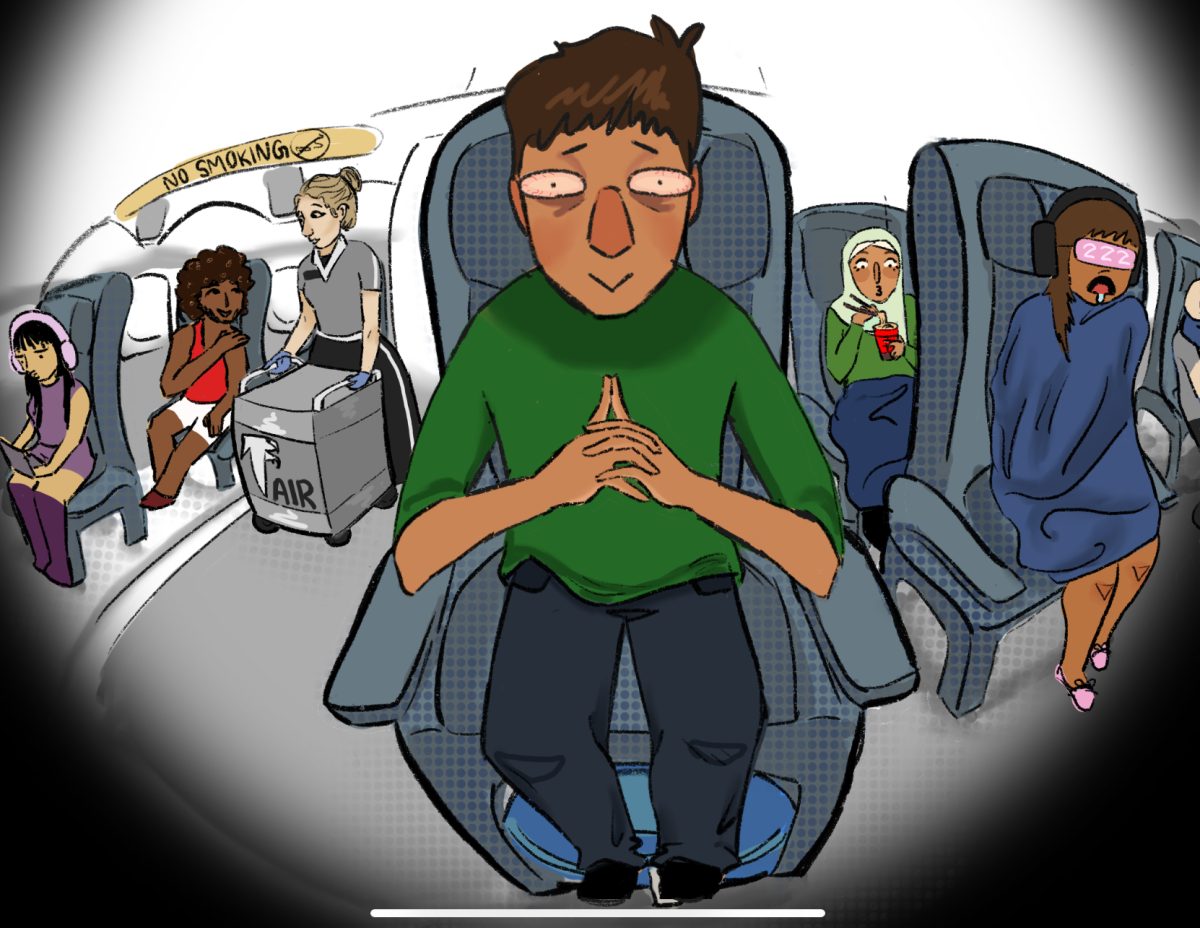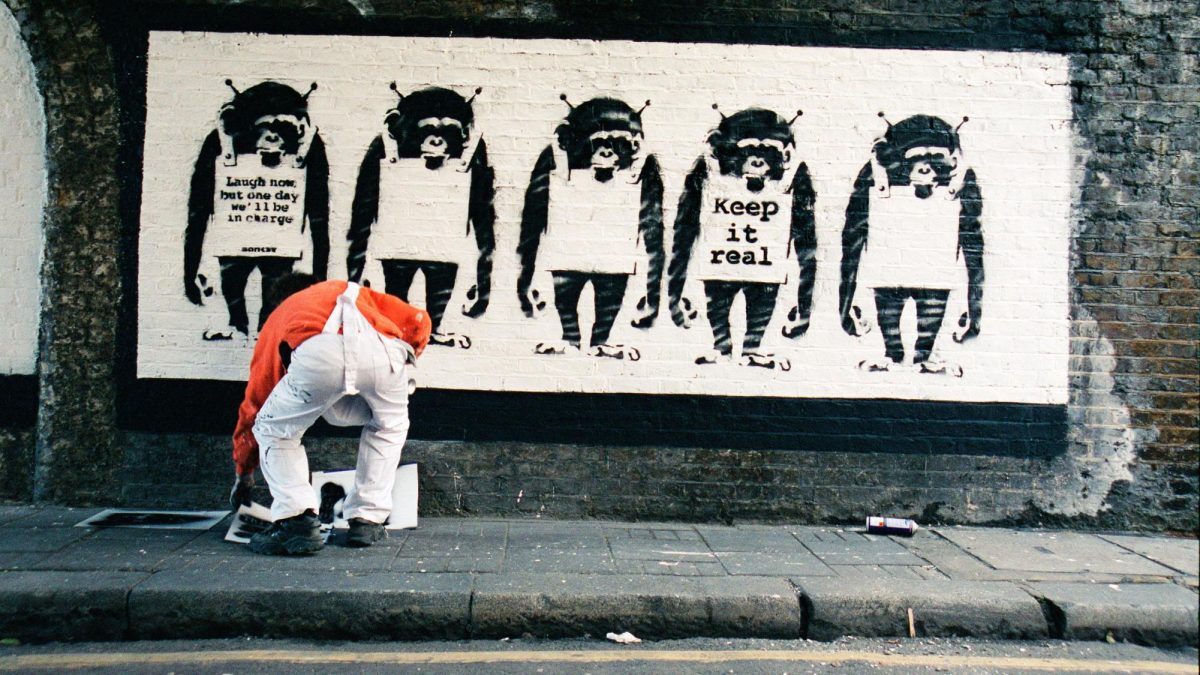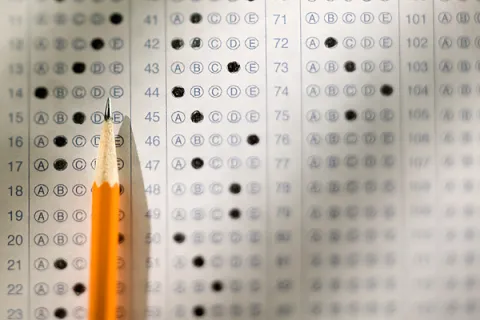Have you come across North Korean propaganda on your For You Page? Accounts featuring videos of life in North Korea have risen in popularity on Tik Tok. Considering North Korea’s near non-existent presence on other forms of social media and minimal contact with the rest of the world, these posts documenting North Korean cities and people are extremely unusual, especially on a platform used by teenagers. What’s more unusual is the focus on real people—some white, some North Koreans, most children—promoting travel to North Korea.
The main Western influencer promoting the country is a woman under the account @zoediscoversnk on Tik Tok who shares information about “misconceptions” surrounding North Korean life. Her bio specifies that she is “NOT propaganda” and that she is “Expanding the North Korea narrative.” There is no explanation for her position anywhere, yet the locations she films herself in seem to feature real towns and landmarks that would be difficult to fake.
This is bizarre for a multitude of reasons. First, it is practically impossible to travel in or out of North Korea legally, and even illegally, the borders are under extreme surveillance by the North Korean military. Second, social media and Tik Tok are illegal in North Korea, so these accounts cannot be made by real citizens.
In fact, Tik Tok has flagged one of these accounts, @KCTV.now, as “DPR-Korean state-controlled media.” This account has posted multiple videos that seem to cater very specifically to Americans.
In one video about living in North Korea, the account said “The calm suburbs are ideal for nuclear families.” This idea is highly geared toward traditional Americans, reminiscent of the 1950s “nuclear family” which revolved around capitalism and anti-communism in the 1950s. In another video, the account posted, “Eurovision has also disqualified North Korea because the west is extremely jealous of us.” It is hard to describe this as anything other than propaganda.
The final concern about these accounts and videos is that none of these pages or people post about anything else; their sole purpose is to paint North Korea as a utopian nation. A video displaying a toddler girl having a tantrum with her dad, captioned, “Tantrums: a universal language,” gained online traction, with most of the comments not acknowledging the undertones of propaganda or the presence of Tik Tok in North Korea. This caption is highly indicative of propaganda, using a universal and human experience to connect with a mass population on the internet. While it is important to view citizens of North Korea as human beings with the exact same feelings and existence as anyone else, nearly everything within its borders is heavily regulated by the government. These forms of social media appear to consciously exclude the parts of human life that do not shine a positive light on North Korea.
This kind of propaganda, regardless of what it is passed off as, is not an all-encompassing portrayal of the North Korean experience. Users of social media are constantly subject to propaganda, and this is just the tip of the iceberg. It is not always obvious, and not every account is flagged by Tik Tok. You are not immune to propaganda.
This article also appears in our May 2024 edition.















